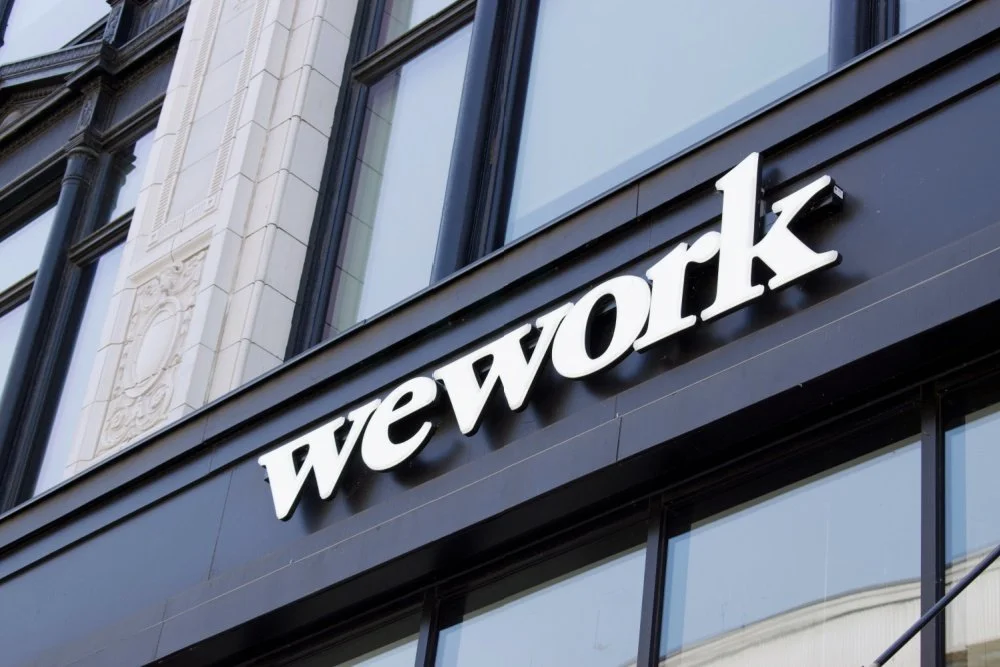Stop Relying on Philanthropy to Fix Bad Government: A Timely Viewpoint From Texas
/Episcopal Health Foundation CEO Elena Marks and Ann Stern, CEO of the Houston Endowment, recently collaborated on a blog post about philanthropy’s role alongside government in solving community problems. It's an important topic that we've written about occasionally at IP, most recently when foundations felt compelled to help out Flint, Michigan, as it struggled for clean water—funding in public works, an area that is the quintessential province of government. Looking into a future of diminishing government resources, our concern has been that philanthropy will come under ever more pressure to finance basic services when the public sector falls short. Budget cuts enacted by Republicans in Washington in coming months could accelerate this problem.
Related:
Clean Up Crew? How the Fall of Government May Shape Philanthropy's Future
What Should Philanthropy's Role Be When Public Systems Fail? Flint As Case Study
Down in Texas, this issue is already very much on funders' minds. In their blog post, Marks and Stern—presidents of the two largest philanthropies in Houston—argue that philanthropy can’t (and shouldn’t) close gaps or solve problems created by poor public policy choices.
There's no shortage of such poor choices around the U.S., including in Texas, with its long tradition of low taxes and small government. In Houston, local government is skirting its commitment to uphold its constitutional responsibility to support public goods and services, such as public schools. Not long ago, the Houston Independent School District was encouraged to accept a $7.5 million Kinder Foundation grant to pick up where the state legislature has been falling short. (A not uncommon scenario these days in urban areas.)
Given their roles at two locally prominent foundations, Marks and Stern were alarmed by these high expectations of the philanthropic sector. They pointed out that HISD faces a $162 million revenue loss because of the Texas’ public education funding system. But the issue of inadequate government funding goes well beyond education. Since Texas has refused to accept federal funds to provide health insurance to low-income citizens, tens of millions of taxpayer dollars are being used from property taxes in Harris County instead.
Despite big gains in the world of philanthropic giving, foundations still don’t have the power to make up for these devastating losses, no matter how big or effective they are. Foundations like the Episcopal Health Foundation and the Houston Endowment aren’t single-issue funders and are guided by mandates that are much broader in scope and geography. Although reports of their total assets may look impressive on the surface, they’re simply not enough to cover ever-increasing government shortfalls.
"Simply put, philanthropy is a relative drop in the bucket,” Marks and Stern wrote. “There is no conceivable way to make up for inadequate public spending through philanthropy.”
This is why foundation support of public policy and reform advocacy is more important now than ever before. Philanthropy can’t plug shortfalls in public money, but it can support work to ensure better public policy outcomes, and such grantmaking should have an important place in funders' overall strategies. Of course, this argument is a familiar one: Unless funders do a better job of looking upstream to the policy choices that shape the availability of public resources, they'll always be scrambling to cope with the negative consequences downstream.
Smart public-private partnerships can stretch everyone's resources, and increasingly, philanthropy has begun working alongside government. Yet both entities still have a lot to learn from each other. Marks and Stern explain the relationship like this:
Philanthropy is nimble and interested in experimentation, whereas government tends to move incrementally and may be risk-averse, especially when there is uncertainty about budget implications. Philanthropy can support government innovation by funding pilot programs and underwriting start-up costs that enable government to experiment with relatively little risk.
These two foundations are co-funding a new initiative right now that involves the Harris Center for Mental Health and the Houston Police Department, which is enabling mental health counselors to answer certain 911 calls instead of police officers. A possible bonus of this program is that it may cut police department costs for unnecessarily dispatching officers when it’s not necessary.
In addition to strong public-private partnerships and greater support of public policy efforts, foundations can maximize the efficiency of their limited role by funding causes that cut government spending costs while doing good. There are some big opportunities in this regard for nonprofits in Texas and beyond to come up with ideas like this mental health/police department one, but it’s up to local groups to pitch them to foundations with similar goals. And therein lies a larger challenge. Government programs may not be stepping up to the plate, so it’s time to get creative.
You can read the full blog post, “Philanthropy Isn't the Answer to Bad Government,” published on November 1 here.































